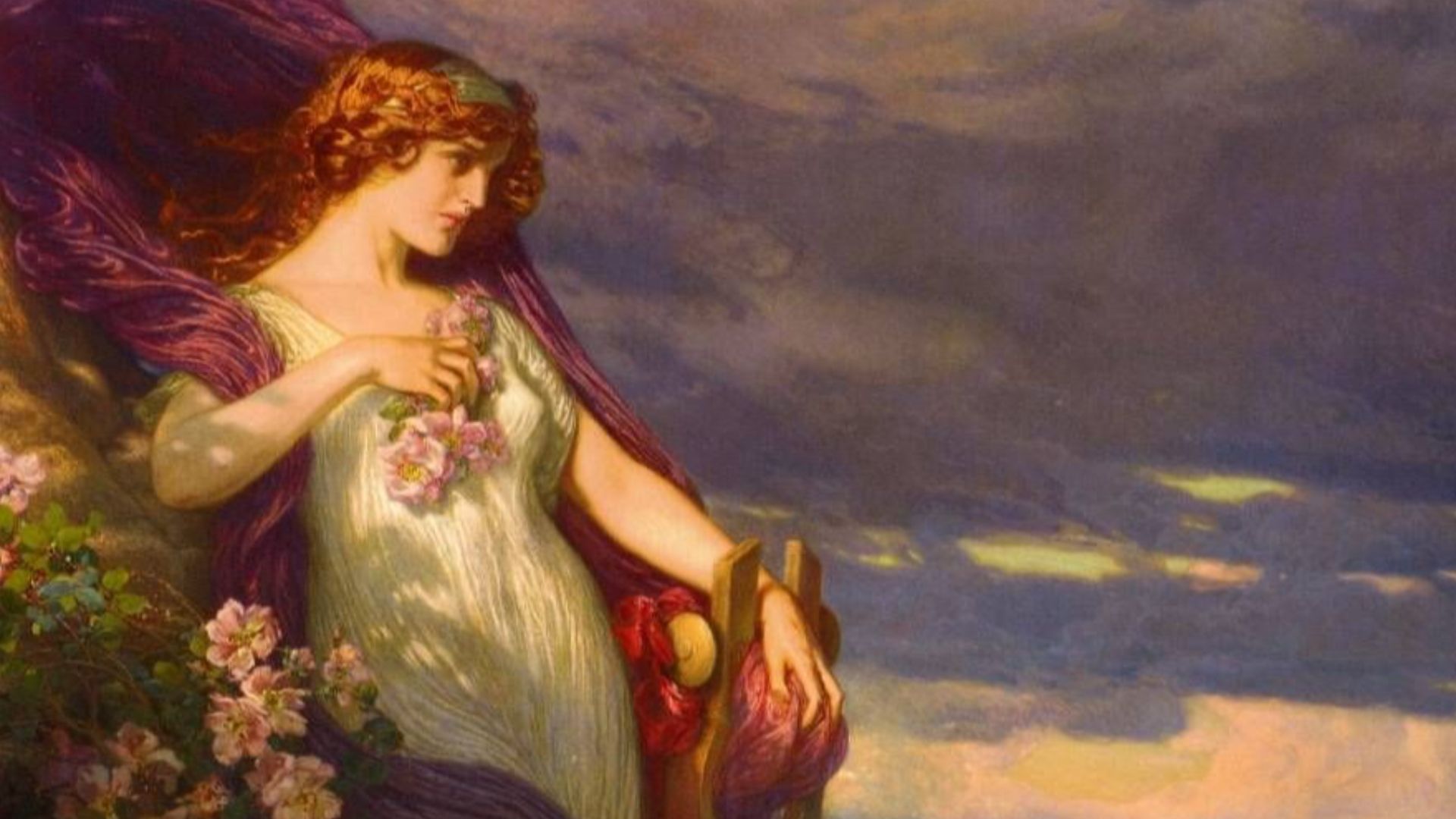The 10 Most Overrated Historical Figures & 10 Underrated Ones Who Deserve Our Attention
The 10 Most Overrated Historical Figures & 10 Underrated Ones Who Deserve Our Attention
Who Is Taking Up Precious Real Estate In Your Mind Where Another Should Be?
History's full of big names we all learn about: the conquerors, the innovators, the ones whose faces end up on money. But sometimes, the spotlight isn't always directed in the right place. The perpetual glory these people bask in is so often built on inflated reality and exaggeration. On the other hand, countless geniuses, innovators, and trailblazers were marginalized and unfairly sidelined by history due to their gender, skin color, or sexual orientation which meant they didn't fit neatly into the historical narrative of the day. Here are the 10 most overrated figures in history and 10 that deserve a little more attention.
 Jacques-Louis David on Wikimedia
Jacques-Louis David on Wikimedia
1. King Tut
King Tutankhamun is one of the most famous pharaohs of Ancient Egypt only because his tomb was one of the best-preserved. He only ruled Egypt for nine years and did relatively little. DNA tests revealed he died of illness and not in any kind of heroic battle.
 Kenneth C. Zirkel on Wikimedia
Kenneth C. Zirkel on Wikimedia
2. Thomas Edison
Thomas Edison is widely credited with inventing the lightbulb, but the truth is there were dozens of inventors before him working on electric light. More than anything, Edison was a good businessman, and he even fought dirty against his competitors like Nikola Tesla, suppressing better technologies to protect his own business interests.
3. Grigori Rasputin
With fictionalized versions of the Romanov family's story (and a song by a 70s Eurodisco band), Grigori Rasputin's legend has become much larger than his actual historical impact. He's often portrayed as the puppet master of the Russian royal family, and while he did manage to become close with the Romanovs, his influence was slight and mostly indirect.
4. Napoleon Bonaparte
While Napoleon Bonaparte can be credited with some reforms in France including modernizing the education and legal system, his rule was ultimately incredibly destructive. He embroiled France in over two decades of war causing millions of deaths, was an authoritarian ruler who undermined civil liberties, and his empire only lasted 10 years.
 Jacques-Louis David on Wikimedia
Jacques-Louis David on Wikimedia
5. Marie Antoinette
Marie Antoinette exemplifies being in the wrong place at the wrong time. She is often portrayed as the cause of the French Revolution, but she was living the same way as many generations of French queens before her. It wasn't her actions that prompted the revolution, but she was scapegoated and villainized.
 Jean-Baptiste André Gautier-Dagoty on Wikimedia
Jean-Baptiste André Gautier-Dagoty on Wikimedia
6. Che Guevara
Che Guevara became a communist icon and the global symbol of rebellion whose face adorns t-shirts and murals all over the world. In reality, he did very little for the plight against capitalism, especially compared to other Marxist revolutionaries. At best, he was a good model and at worst, a violent authoritarian who oversaw the executions of innocent people.
7. Blackbeard
Edward Teach a.k.a. Blackbeard is arguably the most famous pirate ever to live, but his legacy is largely exaggerated. His career as a pirate only lasted two years, he captured far fewer vessels than his contemporaries and tended to avoid combat. His reputation came from his intimidating appearance and propensity for theatrical entrances like tying slow-burning fuses to his beard to create smoke.
 Hulton Archive/Getty Images on Wikimedia
Hulton Archive/Getty Images on Wikimedia
8. Pablo Picasso
Pablo Picasso is often seen as the most important artist of the 20th century, but many argue he overshadowed his contemporaries and was a master of self-promotion moreso than the better artist. He didn't invent cubism alone, but rather in collaboration with Georges Braques, a much less famous artist. He's also been criticized for objectifying and emotionally abusing the women in his life.
9. Jesus
Jesus's legacy has no doubt positively influenced billions of people since his death, however, one could argue that as a historical figure, his actions were relatively unremarkable. He wasn't widely known outside of his locale, many of the miracles he performed such as walking on water have no historical basis, and his words have been reinterpreted decades after his death.
10. Elvis Presley
Elvis Presley is often credited as being the "father" or "king" of rock and roll, but it was already a thriving music form pioneered by the likes of Chuck Berry, Little Richard, and Sister Rosetta Tharpe. Helped along by privilege, timing, and good marketing, what Elvis did was appropriate and popularize Black music styles.
 Metro-Goldwyn-Mayer, Inc. on Wikimedia
Metro-Goldwyn-Mayer, Inc. on Wikimedia
Now that we've talked about people in history who have an overrated legacy, let's give the underrated ones their due.
1. Rosalind Franklin
Rosalind Franklin made one of the most significant scientific discoveries of the 20th century when she discovered DNA's double-helix structure. Her work was shown to her lab colleague, James Watson, without her consent, and he won the Nobel Prize for the DNA models he made based on this information, failing to give her any credit. She died of ovarian cancer at 37, so she could never speak up for or defend her work.
 MRC Laboratory of Molecular Biology on Wikimedia
MRC Laboratory of Molecular Biology on Wikimedia
2. Granville T. Woods
Granville T. Woods was a brilliant inventor who created the induction telegraph which allowed trains to communicate with each other while in motion, and over 50 other groundbreaking inventions. Other inventors, including Thomas Edison, tried to steal his ideas and pass them off as their own. He died in relative obscurity, not getting the recognition he deserved due to his race.
3. Ida B. Wells
Ida B. Wells was a civil rights activist and investigative journalist whose role in history has been downplayed due to her gender. In the 1890s, she exposed the lynchings in the American South, publishing the names of those involved. She also co-founded the National Association for the Advancement of Colored People (NAACP) before being squeezed out by male leaders.
4. Frances Perkins
Frances Perkins was the first woman in the U.S. presidential cabinet, serving as Secretary of Labor under Franklin D. Roosevelt. She was instrumental in drafting the New Deal which lifted the nation out of the Great Depression. She helped build the foundation of modern American labor rights and welfare and paved the way for women in politics everywhere.
5. Artemisia Gentileschi
Artemisia Gentileschi was one of the most talented painters of the Baroque era, but of course, being a woman, she didn't get the recognition she deserved, her talent often exceeding that of her male peers and mentors. Her famous works include “Judith Slaying Holofernes” and “Susanna and the Elders” which she painted when she was just 17.
 Artemisia Gentileschi on Wikimedia
Artemisia Gentileschi on Wikimedia
6. Ibn al-Haytham (Alhazen)
Ibn al-Haytham or Alhazen as he is known in the West was one of the most prolific and influential thinkers of the Islamic Golden Age. He's considered the father of modern optics for his contributions to the field of vision, was a pioneer of the scientific method, and advanced ideas about geometry, astronomy, and psychology that influenced later thinkers like Newton and Roger Bacon.
7. Hypatia of Alexandria
Hypatia of Alexandria was the head of the Neoplatonist school in Egypt which was one of the most important intellectual centers of the ancient world. She was a respected teacher whose lectures attracted scholars from around the world, inventor, and polymath. She was seen as a symbol of pagan science and was murdered by a Christian mob in the year 415, her legacy largely erased by gender and religious bias.
8. Bayard Rustin
Bayard Rustin was a key player in the Civil Rights movement who helped organize the March on Washington for Jobs and Freedom. He introduced Martin Luther King Jr. to the concept of nonviolent resistance which defined the Civil Rights movement. Despite his huge contributions, he was forced into the background due to his homosexuality.
 Leffler, Warren K. on Wikimedia9. Sappho
Leffler, Warren K. on Wikimedia9. Sappho
Sappho is one of the earliest known female poets and one of the greatest writers of the ancient world. She wrote poems about love, beauty, jealousy, and desire, often about other women, making her an early LGBTQ+ icon. Much of her work was either deemed immoral and destroyed or lost in time.
10. Grace Hopper
Grace Hopper was a trailblazing computer programmer who helped lay the foundation of modern computer science. She worked on one of the first electromechanical computers during WWII. After the war, she invented the first compiler, a device that translates human-readable code into computer language and played a crucial role in the development of the coding language COBOL which is still used today.
KEEP ON READING
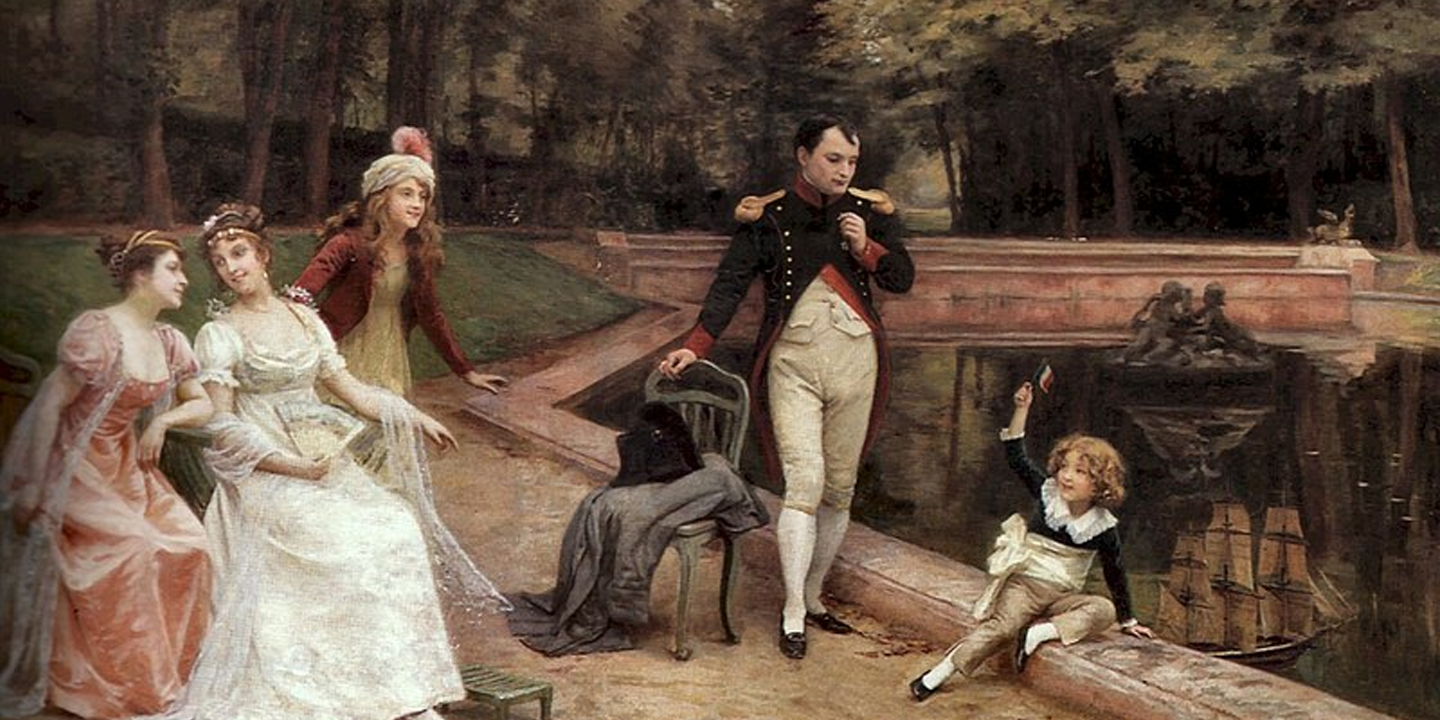
The 20 Most Recognized Historical Figures Of All Time
The Biggest Names In History. Although the Earth has been…
By Cathy Liu Oct 4, 2024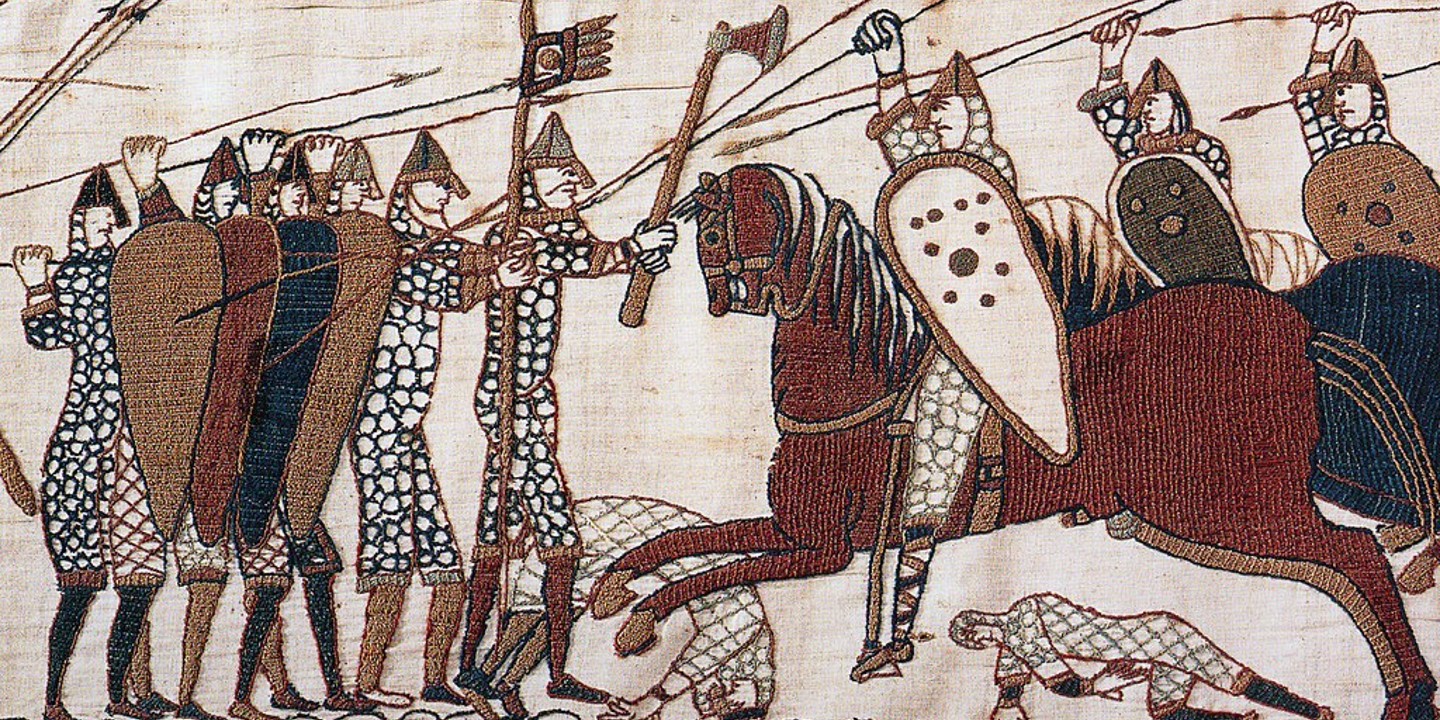
10 of the Shortest Wars in History & 10 of…
Wars: Longest and Shortest. Throughout history, wars have varied dramatically…
By Emilie Richardson-Dupuis Oct 7, 2024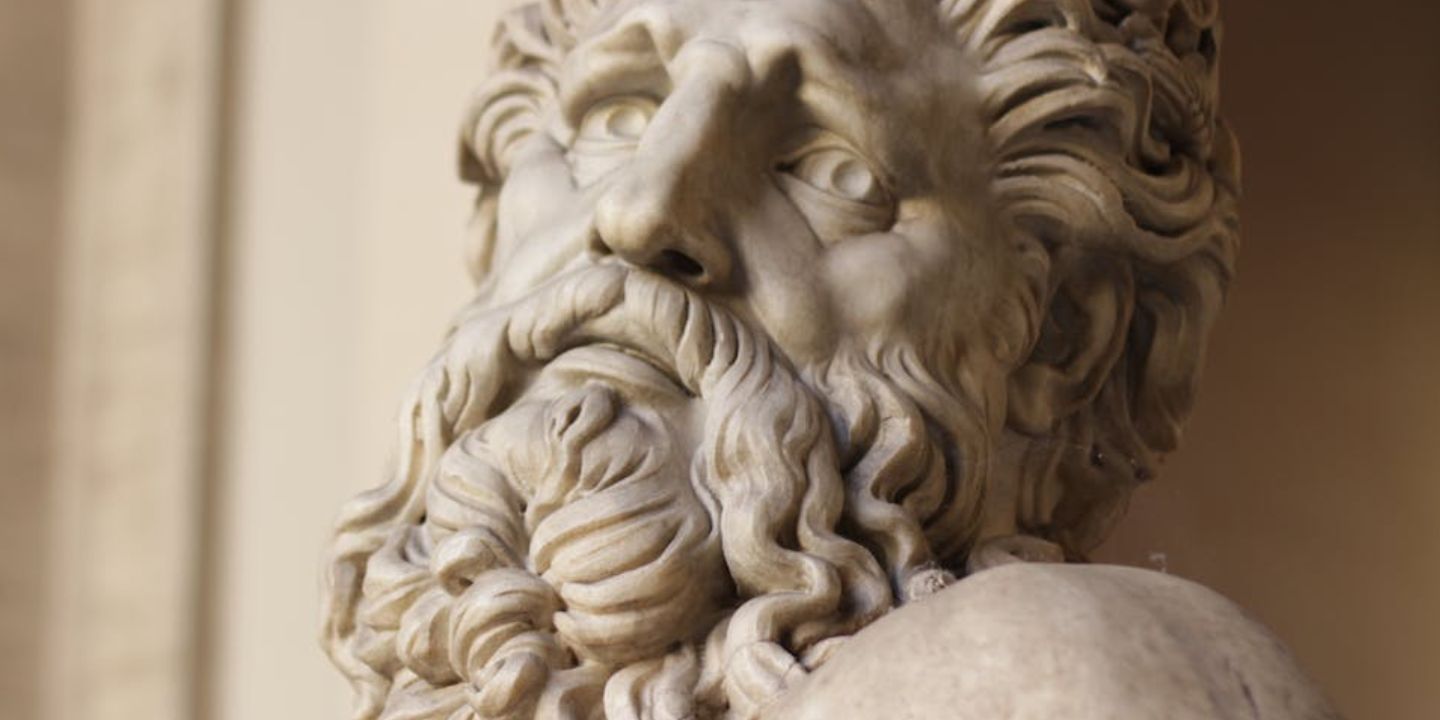
10 Fascinating Facts About Ancient Greece You Can Appreciate &…
Once Upon A Time Lived Some Ancient Weirdos.... Greece is…
By Megan Wickens Oct 7, 2024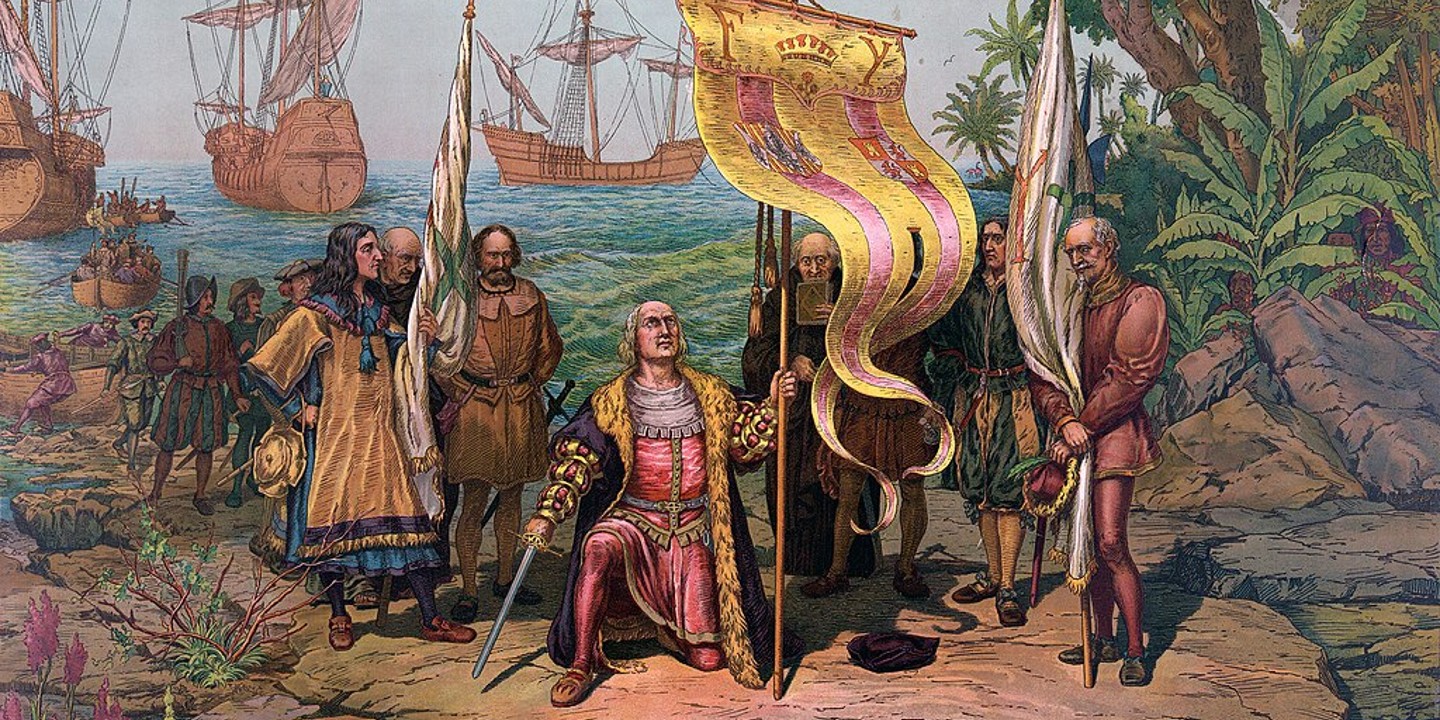
20 Lesser-Known Facts About Christopher Columbus You Don't Learn In…
In 1492, He Sailed The Ocean Blue. Christopher Columbus is…
By Emilie Richardson-Dupuis Oct 9, 2024
20 Historical Landmarks That Have The Craziest Conspiracy Theories
Unsolved Mysteries Of Ancient Places . When there's not enough evidence…
By Megan Wickens Oct 9, 2024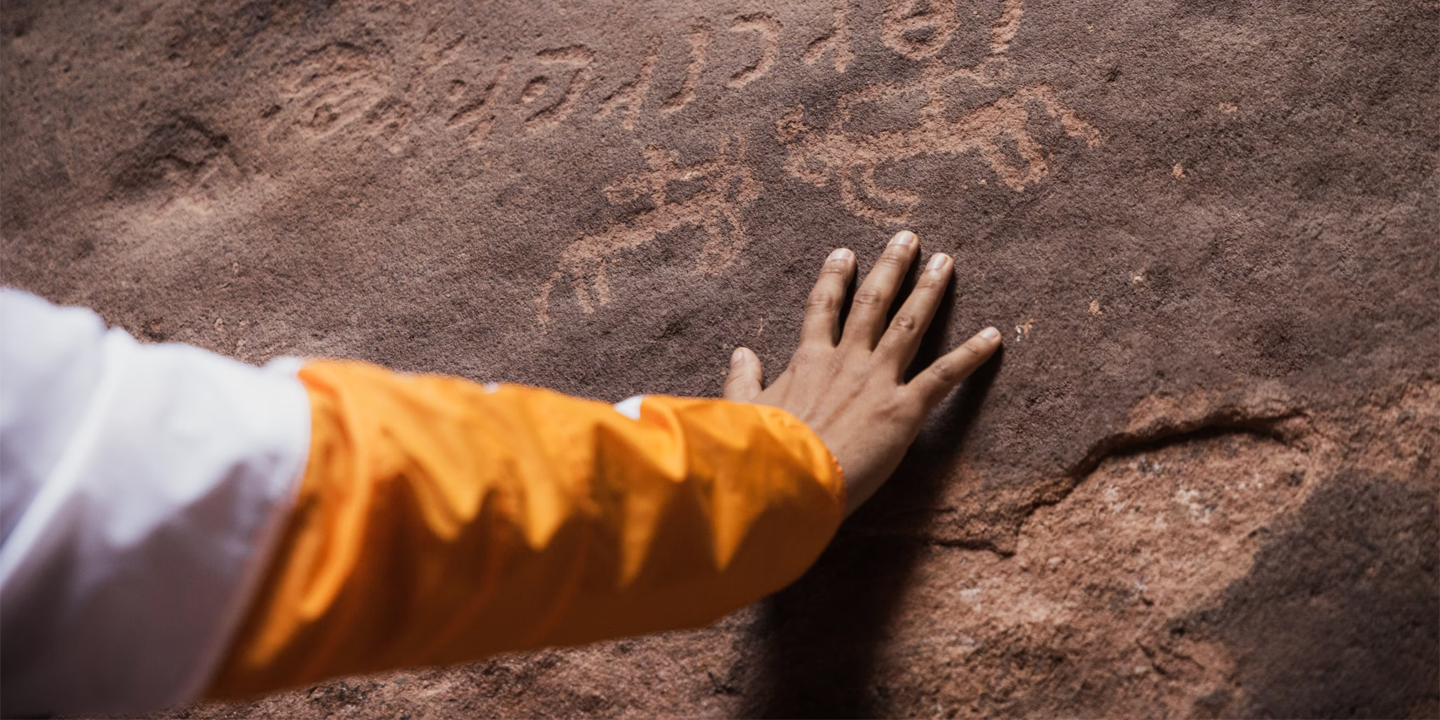
The 20 Craziest Inventions & Discoveries Made During Ancient Times
Crazy Ancient Inventions . While we're busy making big advancements in…
By Cathy Liu Oct 9, 2024











